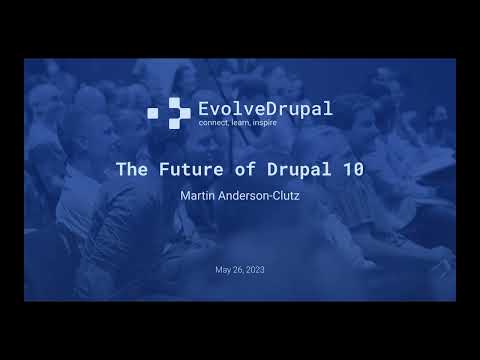There’s lots to be excited about in Drupal 10, but the Drupal 10.1 release is just weeks away. What new features will we see? This talk will explore the changes almost ready for release, as well as some other exciting functionality the community is working on.
Recent Talks
There's a lot of excitement around headless headless websites. Is headless always better? In this conversation we'll unpack the true benefits of a headless architecture and some areas where it's often oversold.

We often talk about UX as a focus on making a site intuitive and easy-to-use for anonymous visitors, or perhaps registered users who need manage their account, make a purchase, and so on. But what about the people who will use your site most? While an engaged visitor might return to your site 3-5 times a month, a site admin use the site that many times a week, or more!
This session will explore how UX principles apply to Drupal's back end, as well as recommend some modules and best practices to make your site easy and intuitive for your contributors.
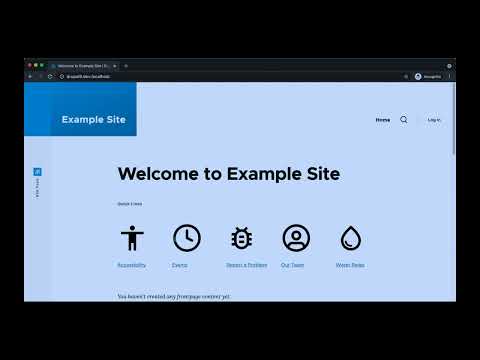
I sat down with Jeremy Wood to discuss careers in tech, my own journey, and what lies ahead.

The Talking Drupal hosts and I had a spirited discussion about why image optimization is important, and what tools are available.

Your site speed is a crucial element of good UX, and an important part of technical SEO efforts. We often think of optimizing Drupal's speed in terms of accelerating the page rendering, but often the speed of Drupal sites is hurt even more by requiring visitors to download much bigger image files than are truly necessary.

Kaleem Clarkson and I sat down with the Talking Drupal hosts to talk about the Event Platform module and how it can make life easier for event organizers.

Your site speed is a crucial element of good UX, and an important part of technical SEO efforts. We often think of optimizing Drupal's speed in terms of accelerating the page rendering, but often the speed of Drupal sites is hurt even more by requiring visitors to download much bigger image files than are truly necessary.
Thanks to the generous amount of time available, we also took a hands-on look at some recent functionality added to the Event Platform, driving new capabilities in Smart Date and other modules.

We talked about the Storage Entities that I work on with mxh, including when it's useful, how it's different from paragraphs, and more.
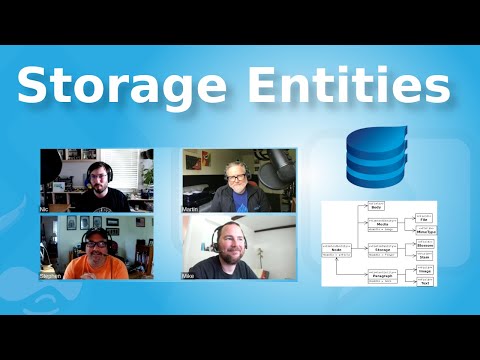
I talked with hosts John Picozzi and Nic Laflin about Drupal's Smart Date module: the use cases it's meant to address, why managing dates and times in general can be so difficult, and more.

Managing dates and times is often complex: recurring events, timezones, daylight savings times, regional formatting conventions, and more. Add in additional presentation requirements like add-to-calendar links, registration links, and related content (like agendas, that change for each date instance) and the complexity can seem bewildering. Fortunately Drupal offers a rich toolset for solving these challenges. In this session we'll explore the solutions, not only showing how they work, but also detailing the modules and the configuration needed.

With a renewed focus on site builders, Drupal has an opportunity to enable these critical users to quickly build out even complex functionality: an events calendar, a locations map, and more. By leveraging the power of configuration management built into modern versions of Drupal, configuration kits empower site builders, and provide a "known good" baseline that can help maintainers when troubleshooting.

Solutions like Acquia Site Factory and Pantheon Upstreams can be effective (but platform-specific) tools for managing multiple sites with similar requirements. The session will discuss a less scalable, but more portable approach using forked repos in Gitlab, that allow for development and site building from a central, template repo, while adding site-specific changes to individual sites that extend off the template.
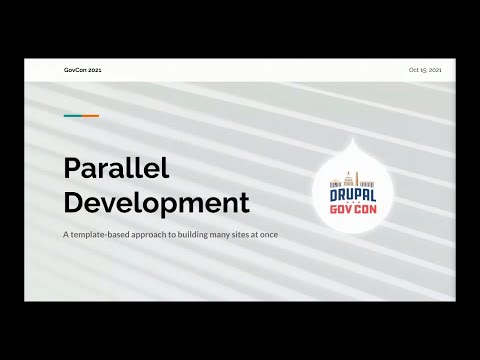
One of the key strengths of Drupal is its flourishing ecosystem for contributed modules. Best of all, you can jump in and add yoour own module! All you really need is a good idea, though of course some programming knowledge, understanding of Drupal coding standards, and a few other technical things would help. This talk will focus less on how to write code or what code you should write, and more on the process of creating a module, submitting it on Drupal.org, and getting it adopted by the community.

Recorded and edited a video that was used in the Driesnote, to demonstrate the current capabilities of the Project Browser module. The video starts at 28:20 of the Driesnote.
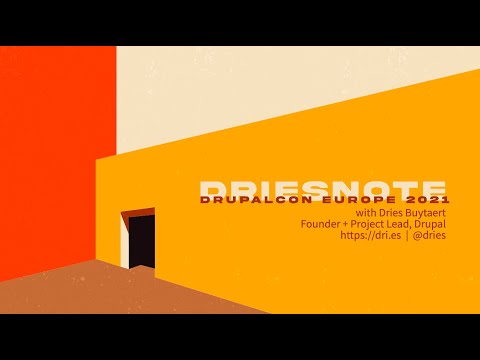
For many sites, internal search is critical functionality and heavily relied upon by visitors. But often, there's little consensus about how and when to test the quality of results, or the best ways to optimize the results on an ongoing results. I have specific example to share that relate to Drupal and Solr, but intend to discuss principles that should apply more broadly to a variety of technologies.
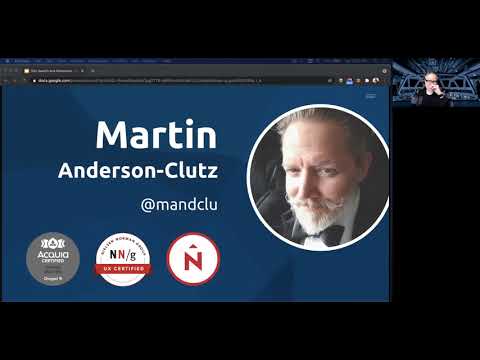
We often talk about UX as a focus on making a site intuitive and easy-to-use for anonymous visitors, or perhaps registered users who need manage their account, make a purchase, and so on. But what about the people who will use your site most? While an engaged visitor might return to your site 3-5 times a month, a site admin use the site that many times a week, or more!
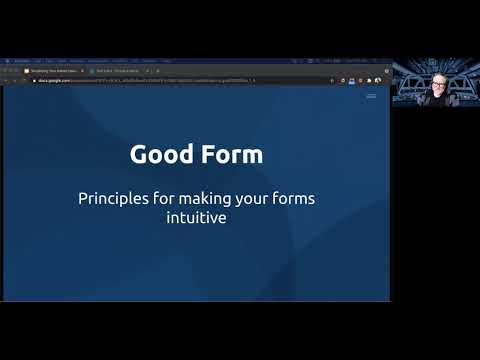
Managing dates and times can be complex: with timezones, daylight savings time, leap years, and even regional formatting differences, there's a lot to manage. On top of all that, the editors on your site are familiar with feature-rich calendar software from the likes of Google, Apple, and Microsoft, and will expect your site to follow their conventions.
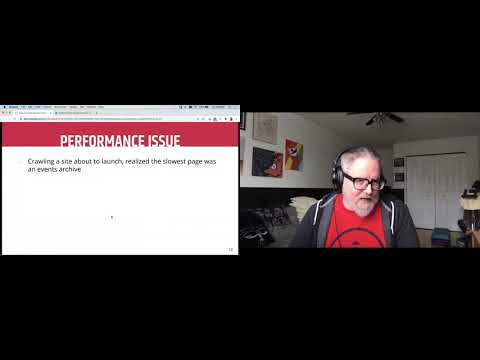
Drupal has a mature and robust integration with Apache Solr for enterprise-quality site search. That said, some competing search solutions give editors the ability to manually curate results for popular searches.
The Search Overrides modules allows you to offer this functionality with Drupal. Anyone with the necessary permissions can promote or exclude content for specific searches, and drag-and-drop multiple results to provide the exact set of results that will best meet the needs of your visitors.

Drupal has a mature and robust integration with Apache Solr for enterprise-quality site search. That said, some competing search solutions give editors the ability to manually curate results for popular searches.
The Search Overrides modules allows you to offer this functionality with Drupal. Anyone with the necessary permissions can promote or exclude content for specific searches, and drag-and-drop multiple results to provide the exact set of results that will best meet the needs of your visitors.
